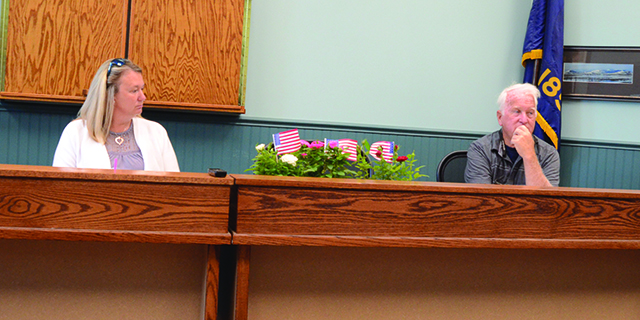Managing hatcheries by lawsuit
Published 11:07 am Tuesday, February 9, 2016
The federal hatcheries, along with others operated by the states, are mainly responsible for maintaining salmon runs now that the river system is dammed.
A pending lawsuit by an environmental group is the latest challenge to federal salmon and steelhead hatcheries on the Columbia River, a decades-old system that also has faced some congressional scrutiny in recent years. Although salmon propagation practices do merit ongoing re-examination, defunding these Mitchell Act hatcheries would be a serious mistake.
Trending
The Wild Fish Conservancy, a small advocacy group based in Duvall, Wash., argues that the federal agencies that provide money for hatcheries haven’t coordinated their actions and aren’t in compliance with the Endangered Species Act. According to the WFC, federal hatcheries harm “ESA-listed species and their critical habits through a variety of mechanisms, including facility effects, fish removal activities, genetic and ecological interactions, harvest and monitoring and evaluation.”
The results of compromises hammered out between many parties, including Columbia River treaty tribes, mean hatcheries are a vital lifeline for the economies of many communities, as well as the fish runs they propagate and support.
“Carefully managed hatcheries play a critical role in Columbia Basin salmon recovery by rebuilding salmon populations while supporting fisheries,” said Paul Lumley, executive director of the Columbia River Inter-Tribal Fish Commission. “Lawsuits like these could hurt salmon recovery efforts and distract us from the bigger picture of working together to reform hatchery practices.”
Liz Hamilton, executive director of the Northwest Sportfishing Industry Association, pointed out that killing hatchery funding also would mean the loss of tens of millions of dollars earmarked for conservation and recovery.
The state of Washington’s separate move to designate some Columbia tributaries for wild steelhead also generates some concern in river communities, but is a far more deliberative plan than the wholesale withdrawal of funding WFC advocates for federal hatcheries.
Refinements in federal and state hatchery practices should be encouraged. However, fisheries management by lawsuit is never a good idea.
Trending
In case you hadn’t heard, similar “management by lawsuit” issues exist across Eastern Oregon, even above the waterline. Our forests, our wildlife and our communities should demand science and consensus-driven management decisions.









